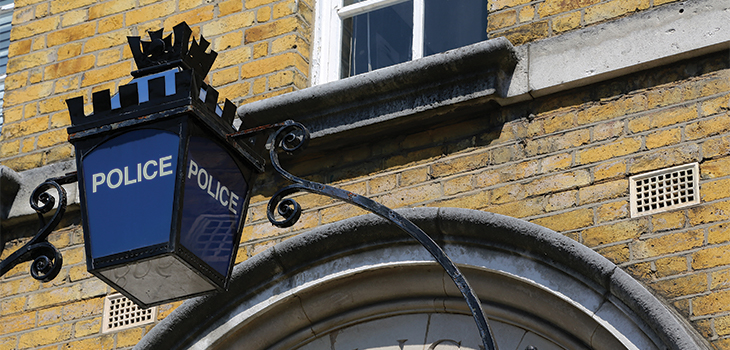
- Reforms made to pre-charge bail by the Policing and Crime Act 2017.
- The post-2017 position on pre-charge bail time limits, and release under investigation (RUI).
- The recent consultation on this area, and the proposed future changes.
The Policing and Crime Act 2017 (PCA 2017) made a number of changes to pre-charge bail across England and Wales, introducing a presumption of release without bail, unless the relevant necessity and proportionality criteria are met—and a 28-day time limit for pre-charge bail in most cases. While the time limit on bail was largely welcomed, the ‘release under investigation’ (RUI) approach to dealing with suspects has not been as popularly perceived, despite its heavy use. Thus, in November 2019, a consultation process was launched by the Home Office, seeking stakeholders’ views on the effects of RUI.
This article comments on, and critically evaluates, the outcomes of recent consultations on pre-charge bail and RUI, in the









